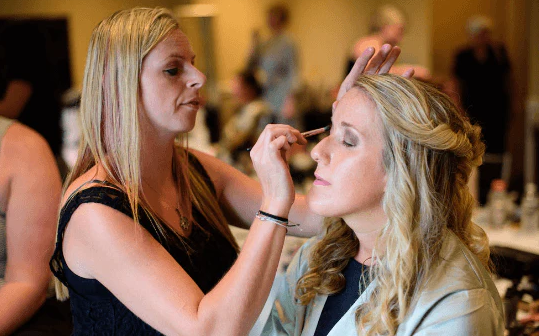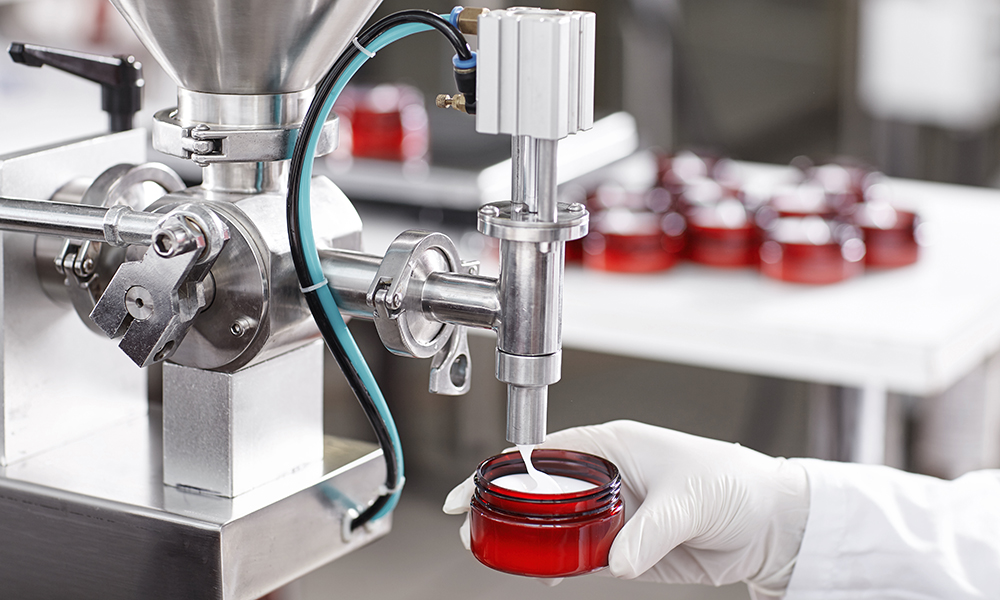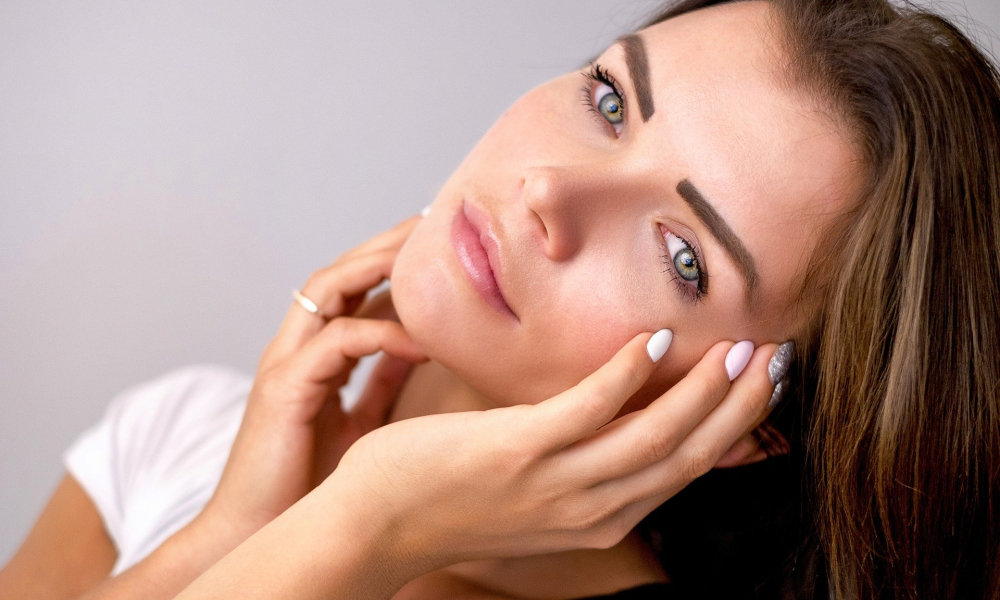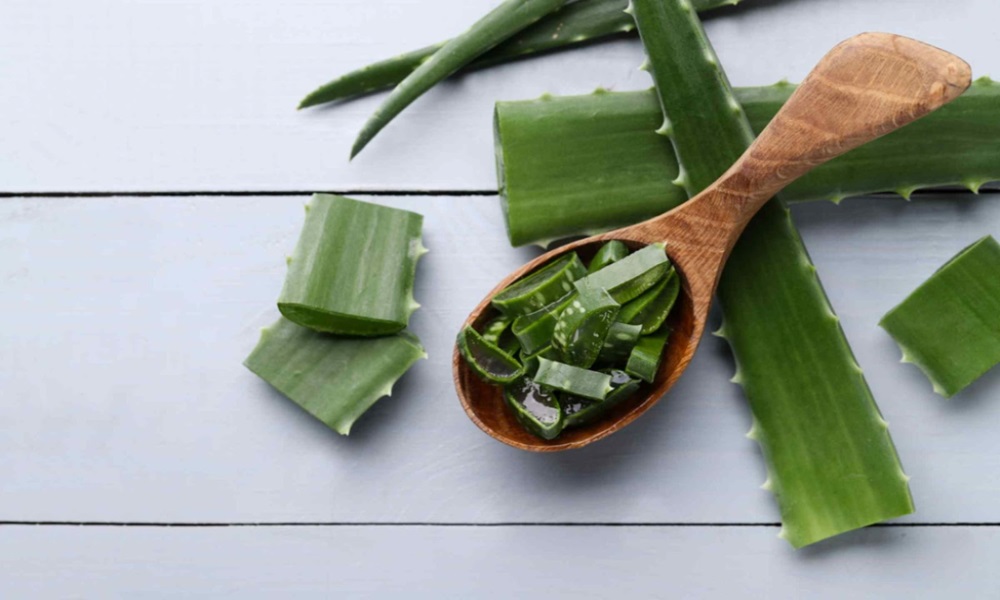Introduction
Makeup has been an integral part of human culture for centuries, transcending time and geography. It’s not merely a tool for enhancing one’s appearance; makeup holds the power to influence both society and individual self-expression. In this article, we will explore the multifaceted impact of makeup, from its historical significance to its role in shaping self-identity and challenging societal norms.
Historical Significance
The history of makeup dates back thousands of years. Ancient Egyptians, for example, used makeup not only for aesthetic purposes but also for spiritual and symbolic reasons. The famous kohl eyeliner, for instance, was believed to protect against the evil eye and promote good health. Similarly, makeup played a crucial role in traditional Japanese theater, where elaborate makeup and masks conveyed characters’ emotions and roles.
Society’s Perception of Beauty
Makeup has often been intertwined with societal standards of beauty. Media, advertising, and popular culture have perpetuated certain beauty ideals, which can lead to unrealistic expectations and beauty standards. However, makeup can also challenge these standards by promoting diversity and inclusivity. In recent years, the beauty industry has made strides in embracing different skin tones, body types, and gender identities, empowering individuals to express their unique beauty.
Self-Expression and Confidence
Makeup serves as a powerful tool for self-expression. It allows individuals to experiment with different looks, colors, and styles, enabling them to express their creativity and personality. For some, makeup provides a sense of empowerment and confidence. The act of applying makeup can be a form of self-care, a ritual that fosters self-esteem and self-assurance.
Gender and Makeup
The relationship between gender identity and makeup is evolving. Traditionally, makeup was often associated with femininity, but today, it knows no gender boundaries. Men, women, and non-binary individuals are embracing makeup as a means of self-expression, and the beauty industry is increasingly catering to this diverse audience. This shift reflects society’s growing acceptance of the fluidity of gender expression.
Makeup as a Form of Art
Makeup artistry has elevated the practice to a legitimate art form. Makeup artists create stunning, intricate looks that challenge conventional boundaries and captivate audiences worldwide. Makeup artistry is not limited to personal application but extends to editorial, theatrical, and avant-garde expressions, demonstrating the limitless possibilities of makeup as a medium for artistic creativity.
Empowerment and Freedom
Makeup provides individuals with the power to control how they present themselves to the world. It can be a shield, a form of armor, or a tool for breaking societal norms. Makeup can empower people to be whoever they want to be, unapologetically. It encourages them to challenge stereotypes and embrace their authentic selves.
The power of makeup extends far beyond its superficial aspects. It has the ability to influence societal perceptions of beauty, challenge norms, and provide individuals with a means of self-expression and empowerment. Makeup, in all its forms, offers a canvas for creativity, identity exploration, and confidence-building. As we continue to navigate the complexities of modern society, it’s essential to recognize and celebrate the multifaceted role makeup plays in our lives, promoting inclusivity and self-expression for all.
This post was written by a professional at Michele Renee The Studio. Michele Renee The Studio Specializes in wedding hair and makeup in Sarasota FL. Based in Tampa, FL, we serve a global client base for weddings, boudoir, corporate, film, television, social events, photo shoots, and more! Contact us now to schedule your appointment for your wedding hair and makeup!






